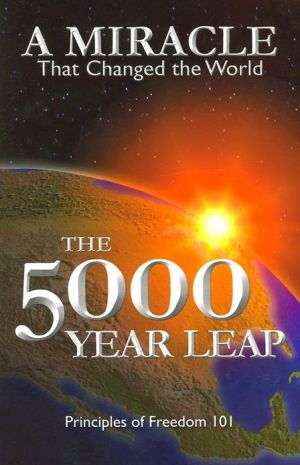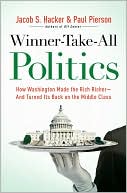Moral Politics: How Liberals and Conservatives Think
In this classic text, the first full-scale application of cognitive science to politics, George Lakoff analyzes the unconscious and rhetorical worldviews of liberals and conservatives, discovering radically different but remarkably consistent conceptions of morality on both the left and right. For this new edition, Lakoff adds a preface and an afterword extending his observations to major ideological conflicts since the book's original publication, from the impeachment of Bill Clinton to the...
Search in google:
In this classic text, the first full-scale application of cognitive science to politics, George Lakoff analyzes the unconscious and rhetorical worldviews of liberals and conservatives, discovering radically different but remarkably consistent conceptions of morality on both the left and right. For this new edition, Lakoff adds a preface and an afterword extending his observations to major ideological conflicts since the book's original publication, from the impeachment of Bill Clinton to the 2000 presidential election and its aftermath.
Preface AcknowledgmentsPart I: Introduction1. The Minds and Politics 2. The Worldview Problem for American Politics Part II: Moral Conceptual Systems3. Experiential Morality 4. Keeping the Moral Books 5. Strict Father Morality 6. Nurturant Parent Morality Part III: From Family-Based Morality to Politics7. Why We Need a New Understanding of American Politics 8. The Nature of the Model 9. Moral Categories in Politics Part IV: The Hard Issues10. Social Programs and Taxes 11. Crime and the Death Penalty 12. Regulation and the Environment 13. The Culture Wars: From Affirmative Action to the Arts 14. Two Models of Christianity 15. Abortion 16. How Can You Love Your Country and Hate Your Government? Part V: Summing Up17. Varieties of Liberals and Conservatives 18. Pathologies, Stereotypes, and Distortions 19. Can There Be a Politics without Family Values? Part VI: Who’s Right? And How Can You Tell?20. Nonideological Reasons for Being a Liberal 21. Raising Real Children 22. The Human Mind 23. Basic Humanity Epilogue: Problems for Public Discourse Afterword References Index








